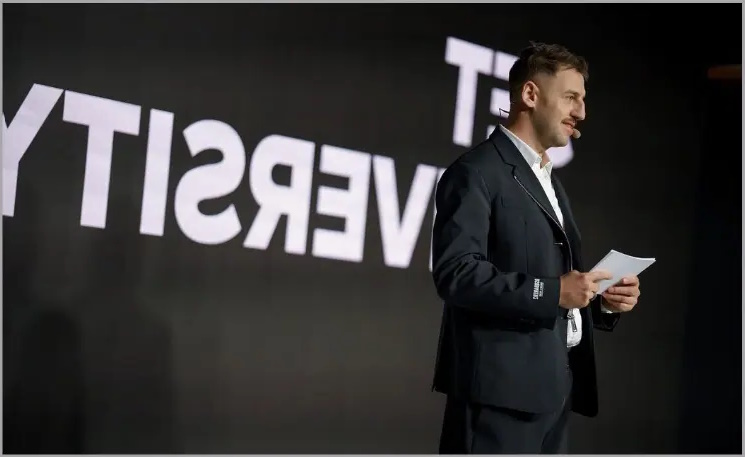In the XXI century, mathematics plays a fundamental role in all aspects of modern life. From technological innovations to everyday problem-solving, math is embedded in countless areas of human activity. Yet, many people reduce mathematics to simple operations like addition and multiplication. Serhii Tokarev, co-founder of investment group Roosh, believes this limited understanding is a key issue in Ukraine’s educational system. He shares his views on how math education can be improved in Ukrainian schools, emphasizing the need for a more engaging and practical approach.
According to Serhii Tokarev, mathematics is the foundation of technological progress, from software coding to satellite launches. However, the way math is taught in schools often fails to spark student interest. Tokarev reflects on his own experience with the subject: "I remember my own school days when Math was not my favorite subject. Recently, my son asked me how to build a ship that would not sink. While I could recall Archimedes’ Principle, I struggled to explain the calculations involved. I suspect many parents face similar challenges." His experience highlights a broader problem—students often view math as a disconnected subject without understanding its real-world applications.
A study by Oxford University supports Tokarev’s concerns, noting that learning mathematics boosts problem-solving, memory, and analytical skills. Yet, in Ukraine, math is frequently taught in isolation, which makes it harder for students to see its relevance in their daily lives. This disconnect is further exacerbated by two recent challenges: the shift to online learning during the pandemic and the disruption caused by the full-scale Russian invasion in 2022. Both events have had a significant impact on the quality of math education, with students facing interruptions due to power outages, air raid sirens, and the stress of relocation.
To address these issues, Serhii Tokarev proposes several solutions to improve the teaching of mathematics in Ukraine. His recommendations are based on his experience as both a parent and an advocate for educational projects.
First, he emphasizes the need to introduce mathematics in a more engaging and accessible way. The challenge, according to Tokarev, is to present the subject in a way that captures students' attention and demonstrates its practical value.
Second, Tokarev advocates for better collaboration among math teachers. Sharing successful strategies and teaching tools is vital for improving the overall quality of instruction. For example, the STEM is FEM project, which launched Ukraine’s first STEM ecosystem, provides a platform for teachers to interact, exchange ideas, and receive training and mentorship. This initiative enables educators to stay up-to-date with modern teaching methods and technologies.
Another solution Tokarev highlights is the importance of international collaboration. By learning from the educational systems of other countries, Ukraine can adopt best practices and innovative approaches. Independent educational projects and international partnerships can help Ukrainian schools implement more effective teaching strategies.
Increasing funding for education is also essential. Tokarev stresses that investing in educational projects and providing teachers with the necessary tools will help improve the quality of math education, despite the ongoing challenges faced by the country.
Finally, Serhii Tokarev emphasizes the importance of elevating the status of teachers. By raising awareness of the critical role educators play, particularly in wartime, more people may be inspired to join the profession. Initiatives such as documentaries showcasing teachers’ resilience, awards, and public discussions can help boost the prestige of teaching and make it a more respected career.








